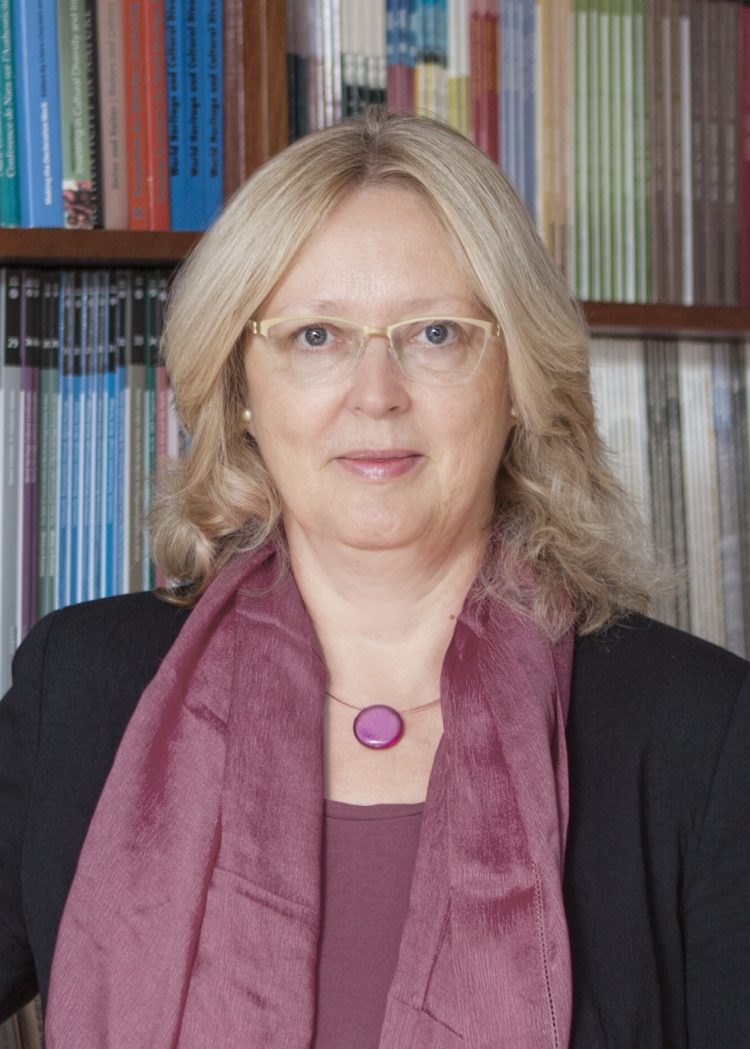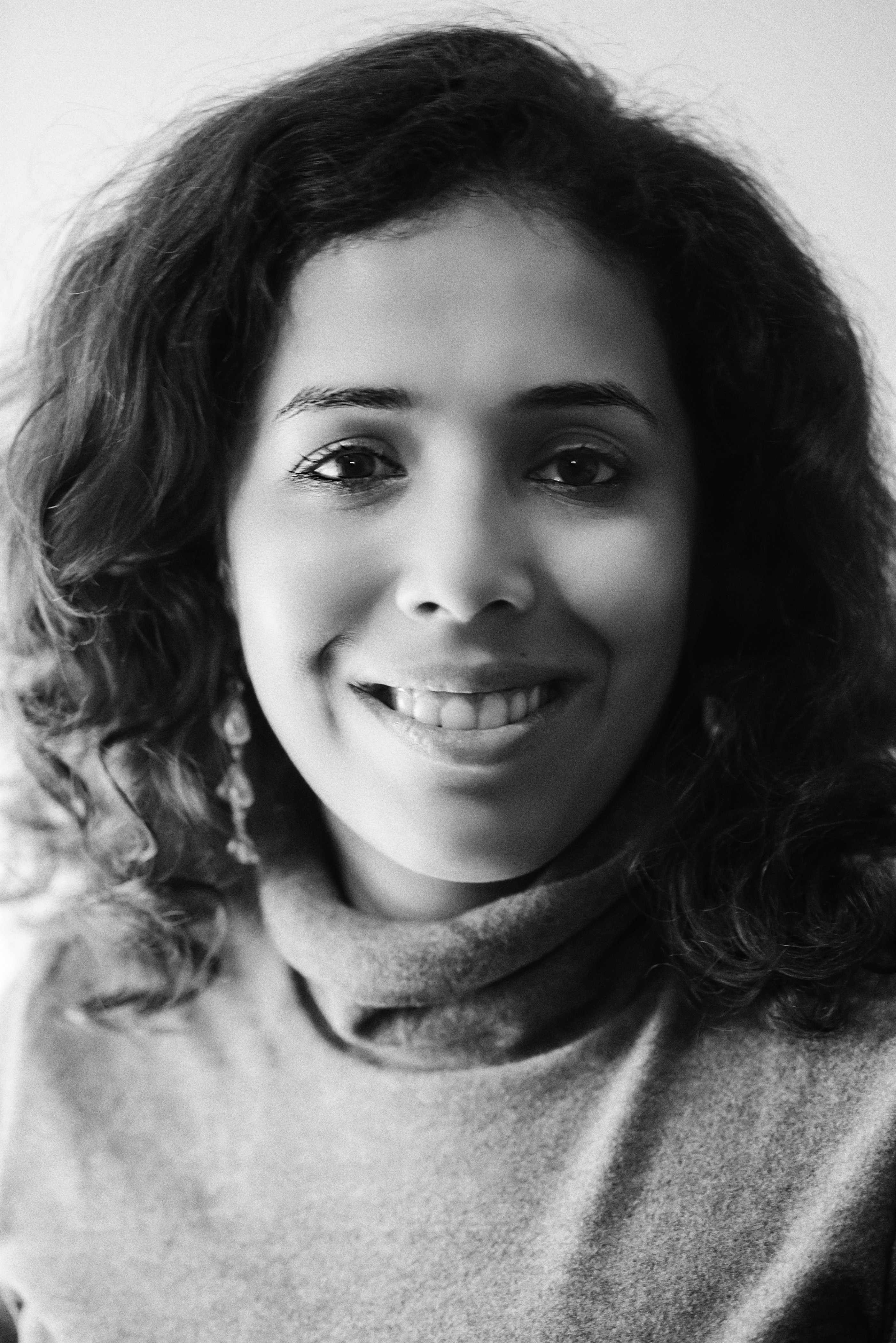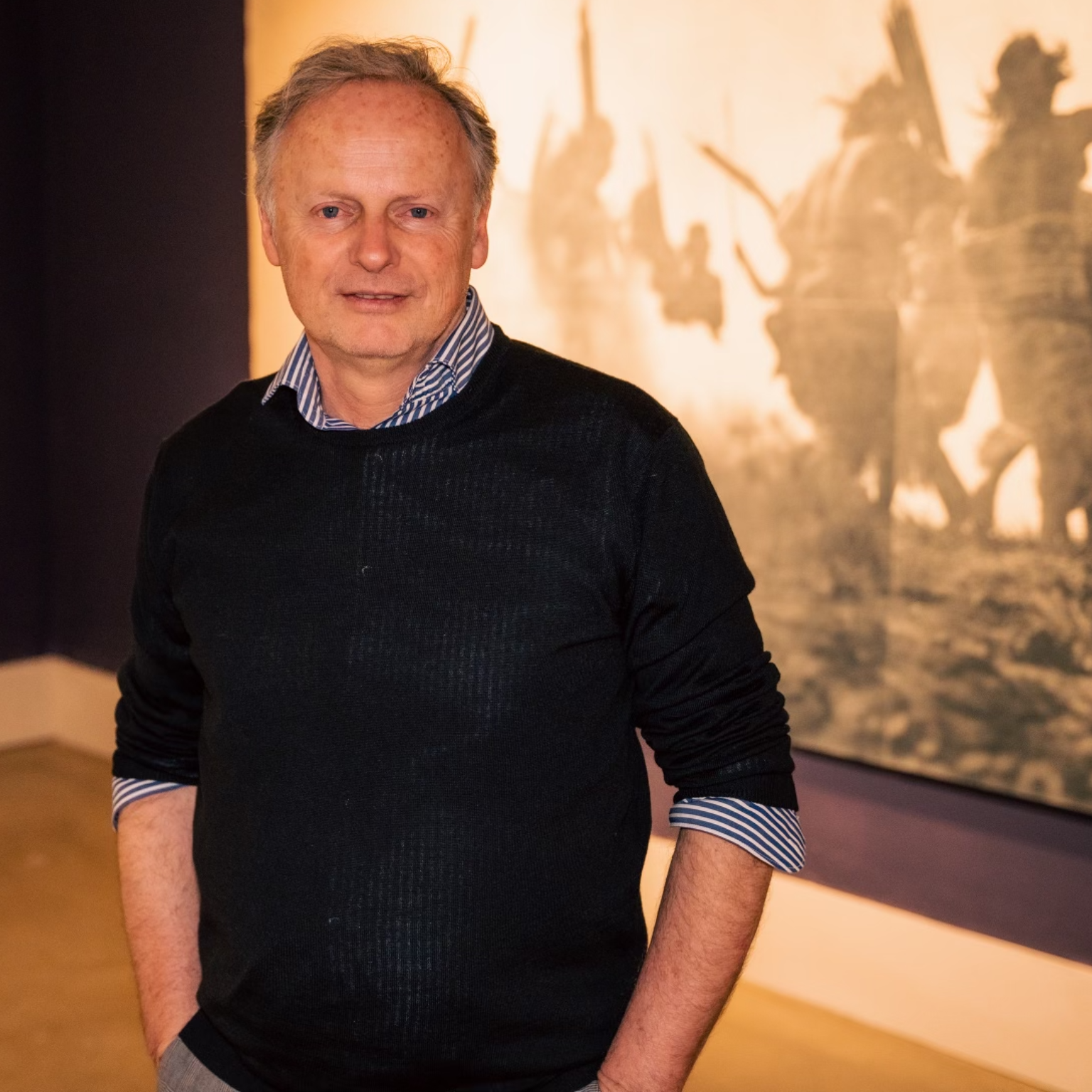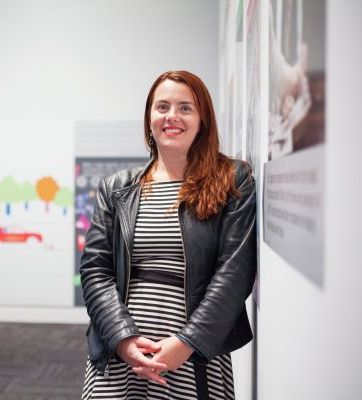Mechtild Rössler is the Director of Heritage Division & Director of the World Heritage Centre at the United Nations Educational, Scientific and Cultural Organization (UNESCO)
1. Why is MuseumWeek important for UNESCO?
Museums do more than display precious objects. In our globalized and digitized world, they serve as important social learning and knowledge sharing spaces, among different populations and publics. MuseumWeek 2016 succeeded in gathering 3500 cultural institutions from 75 different countries and we already know that they are more than 4200 in 2017, demonstrating their will to expose and share culture the general audiences on modern medias.
We constantly strive to come up with creative ideas to promote museums amongst our Member States, partners and public. Our collaboration with MuseumWeek is one such endeavour to expand the celebration of culture, bring communities together, and share contents, stories, facts and experiences in many languages.
Moreover, this year the event focuses on women and culture as its central theme. What could be better than the UN striving to promote gender equality?
2. What is UNESCO’s involvement with museums?
Being the sole agency of UN specializing in cultural matters, UNESCO considers museums to be one of its most important allies in fulfilling its fundamental missions, such as the preservation of heritage and the promotion of cultural diversity, education for all, sustainability of the planet, and social integration and cohesion.
We are capitalizing on our vast network of Field Offices, partner institutions including ICOM and Member States to boost museums’ contemporary missions, as stated in the most recent global guidelines on the roles of museums, the UNESCO 2015 Recommendation on the Protection and Promotion of Museums and Collections, their Diversity and their Role in Society.
This Recommendation underscores the social role of museums and, inter alia, it says that museums should foster respect for human rights and gender equality.
3. How do you see the future of museums worldwide?
In a word: transformative. Museums are major social motors and are contributing in numerous ways to sustainable development – for example, through wider dissemination of cultural and environmental knowledge, opportunities for social dialogue and exchange of views, cultural tourism and employment.
The latest edition of the World Heritage Review is dedicated to Museums and portrays their immense diversity and potential to better understand World Heritage sites. UNESCO will continue to support valuable initiatives to strengthen museum’s social roles, by providing technical support for the establishment and refurbishment of national museums in developing countries, specific training on museum management, and policy advice on national legislation review and improvement.
The preparedness against human-made and natural disaster is another important issue for many museums, given the circumstances in conflict and natural disaster areas. Museums will also continue rapid evolution with ICTs in terms of their communication and outreach, accessibility, research, collections etc…. UNESCO will be fully engaged in the important reflection on the role of ICTs in the work of museums, for example in considering new ethnical dimensions relating to the digitalization of intellectual contents and the reproduction of artworks by means of various advanced technological resources.



